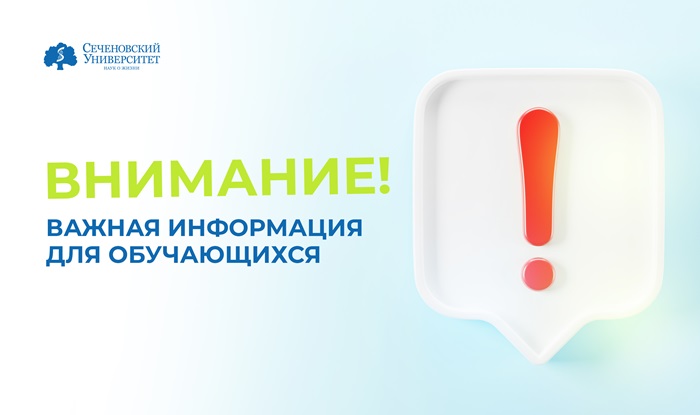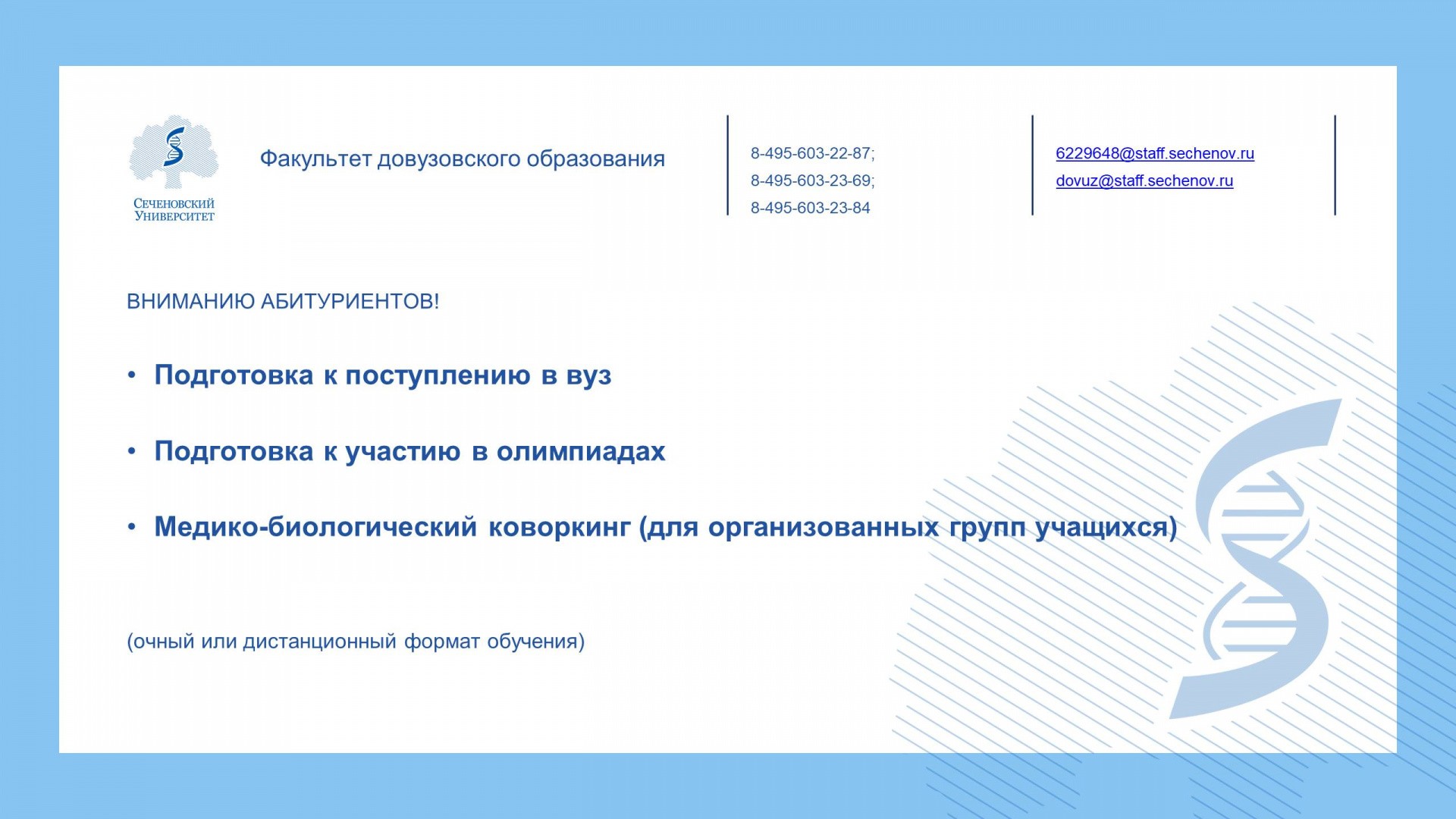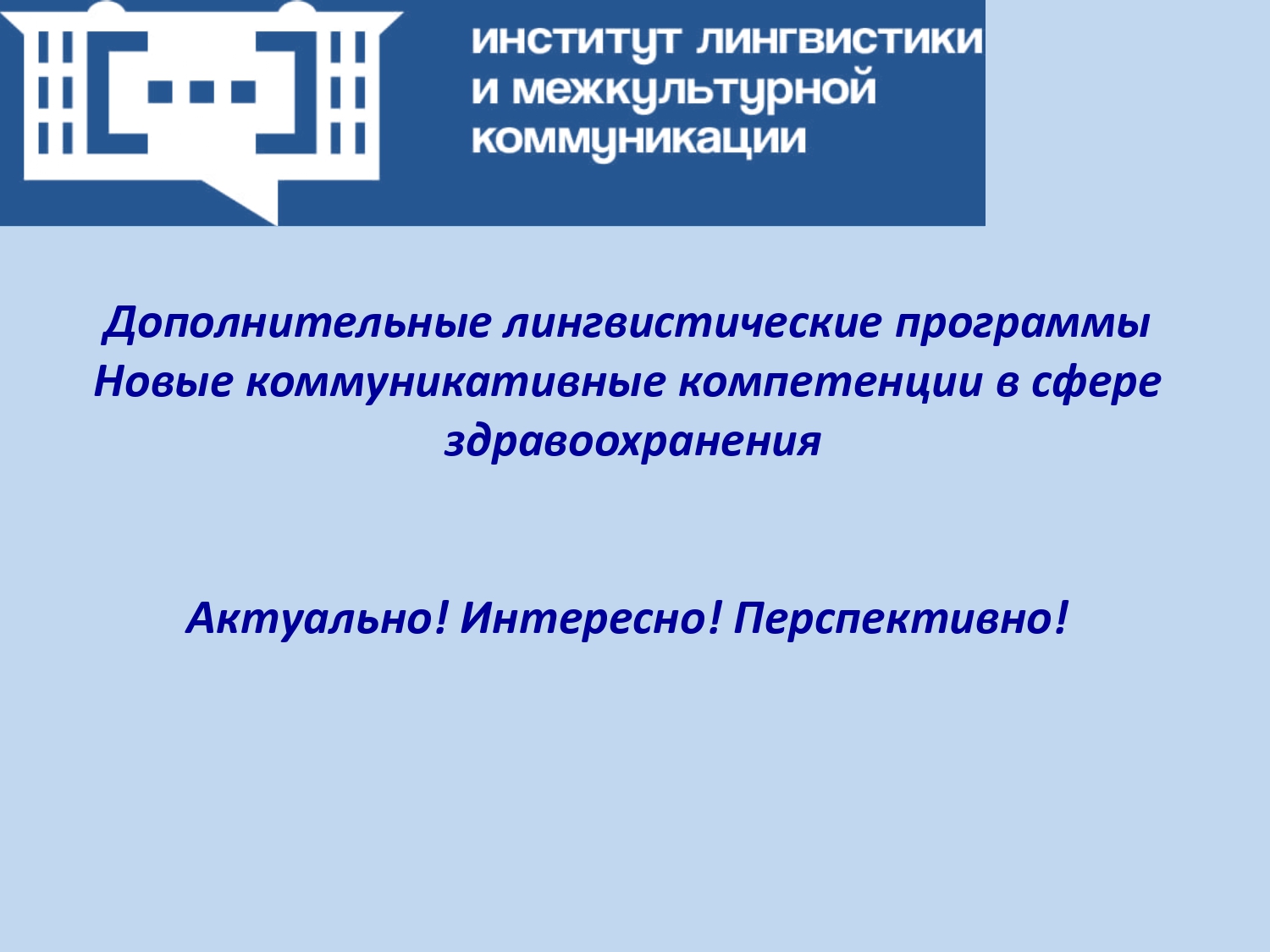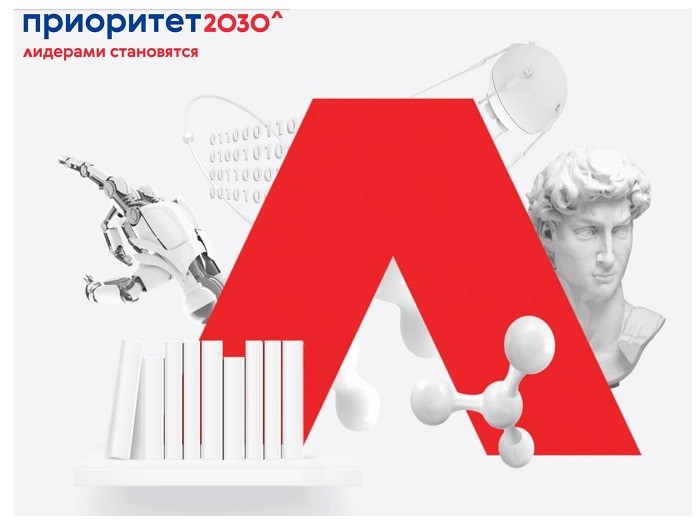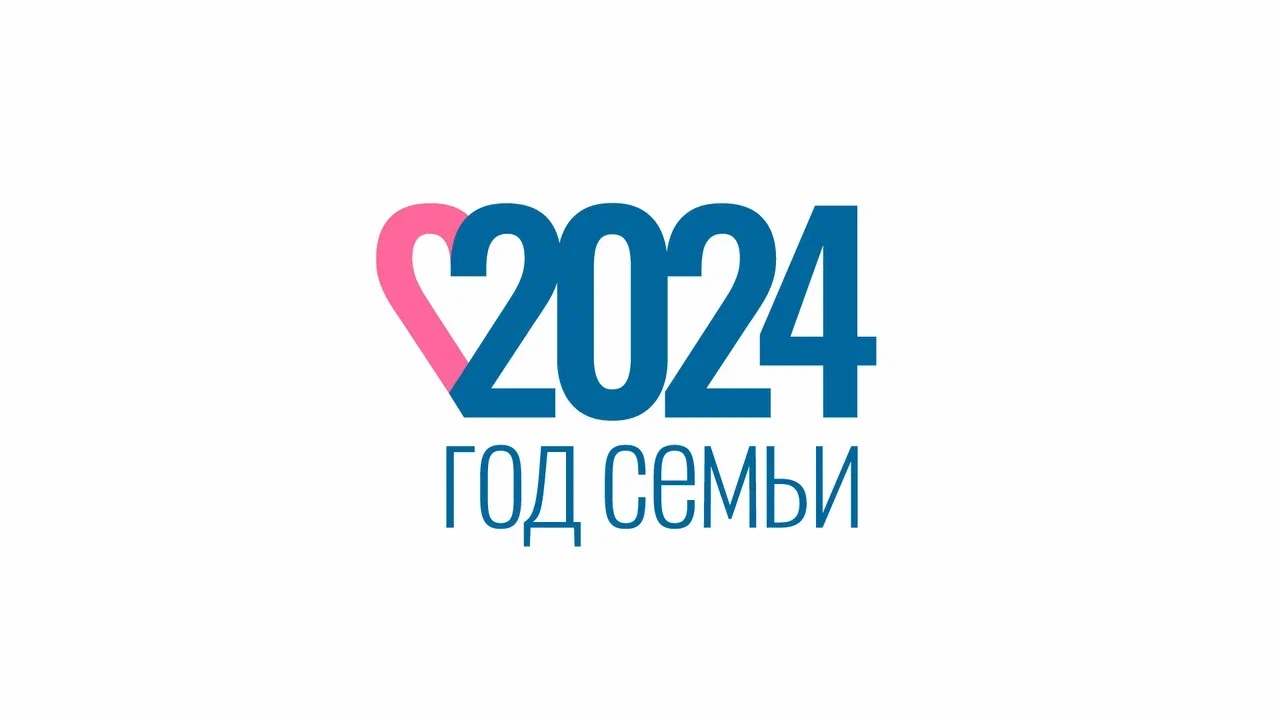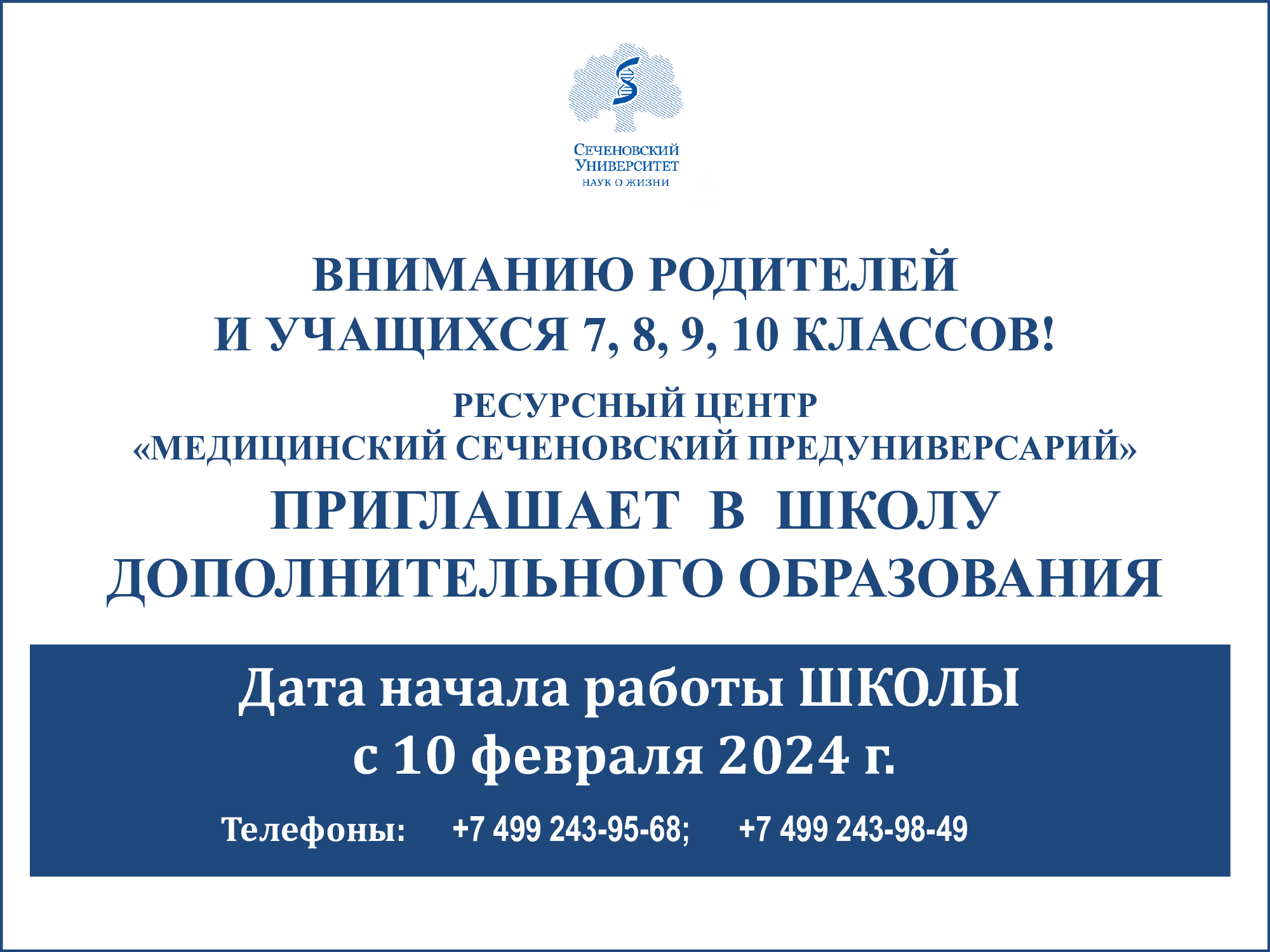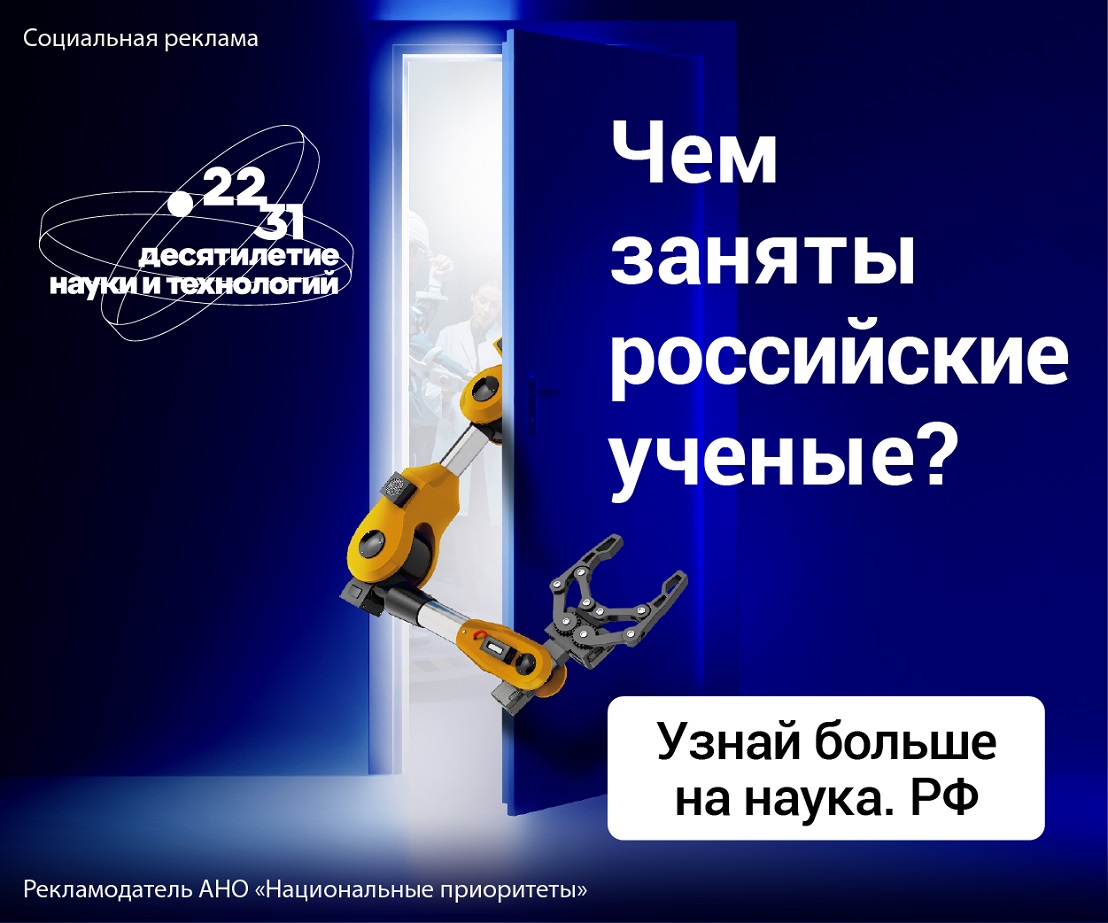Sechenov University has successfully hosted the 5th European Congress on eCardiology & eHealth- 2018
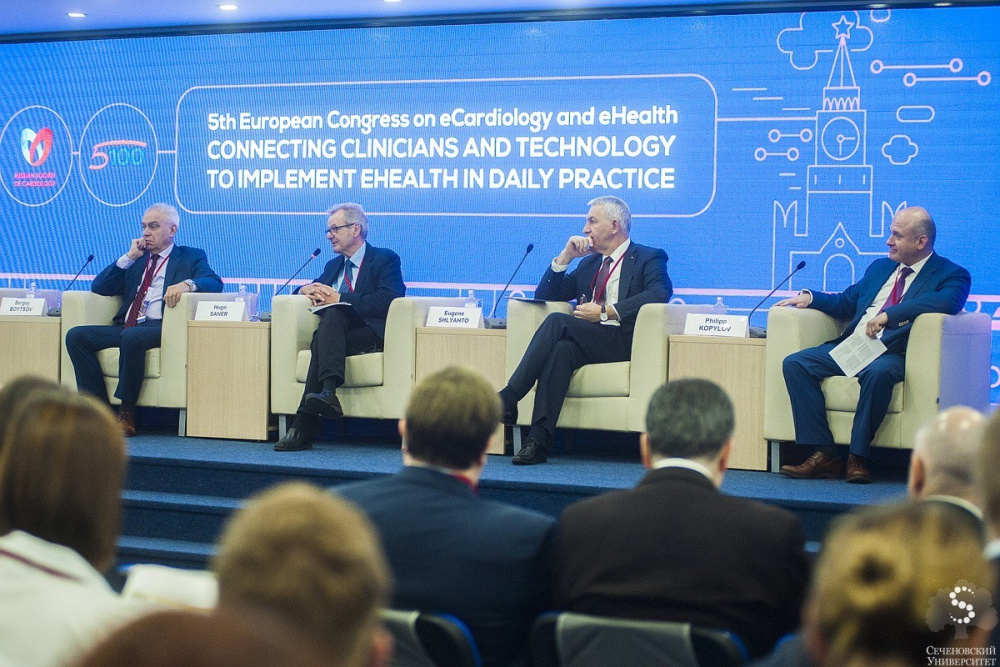
On October 29-30, 2018 Sechenov University hosted the 5th European Congress on eCardiology and eHealth: "Connecting clinicians and technology to implement eHealth in daily practice".
Prof. Hugo Saner, founder and Chairman of the European Congress on e-cardiology and e-health, researcher of the University of Bern (Switzerland), head of the Department for Preventive and Acute Cardiology of Sechenov University and Prof. Philip Kopylov, Director of the Institute of Personalized Medicine of Sechenov University became co-organizers of the Congress.
Digital health has a great impact on the way doctors and medical professionals work or interact between themselves and with their patients. Sechenov University as the Congress venue was chosen not by chance: being one of the leaders in education and telemedicine, the University has joined the working group on e-Cardiology of the European Society of Cardiology.
Sechenov University has created the Institute of Digital Medicine and the Department for Information and e-health technologies in educational programs conducted by top international experts, actively developing telemedicine projects: Sechenov Consilium and Sechenov Hospital at home.
This year the Congress was attended by 800 participants from 19 countries: the UK, Germany, Israel, Italy, France, Belgium, China, Uzbekistan, Australia, Switzerland, Poland, Romania, Slovakia and some others. The discussions were held within plenary sessions, panel sessions and round tables.
The plenary session eCardiology-eHealth-2018 was opened by Prof. Marina Sekacheva, the University’s Vice-rector for Research. She expressed gratitude to all Russian and foreign specialists who have decided to participate in the Congress.
“Russian medical education is developing within digitalization of the Russian economy. In fact, it combines needs and resources of practical healthcare with the capabilities of telemedicine, electronical and digital healthcare with the tools of e-education in top medical universities. Sechenov University remains a pioneer of innovation and a center of excellence in Russian e-medical education,”-concluded Dr. Sekacheva.
The scientific agenda of the Congress was opened by Professor Hugo Saner with the report "Digital health-a global problem", which became keynote idea of the entire scientific program. Professor Philip Kopylov presented the report "Sechenov University on the map of digital medicine" focused on the latest telemedicine projects: Sechenov Consilium and Sechenov University Hospital at home.
The Congress agenda included discussions on the following topics:
* Development of digital medicine and e-health in Russia and in the world. Unified information system in healthcare;
* Achievements in mobile health technologies;
* Development and implementation of digital medicine solutions in the practical healthcare;
* E-health and cybersecurity: Protection of personal and medical data in e-health;
* Blockchain applications and cryptocurrencies in medicine;
* Use of mathematical and artificial intelligence methods in medical data processing;
* Mathematical modeling in cardiology;
* e-Imaging: the next generation of cardiovascular health analysis systems;
* Innovations in telemonitoring for patients with heart failure;
* Digital technologies in interventional cardiology
The contest of young scientists was held on the sidelines of the event as well. Seven best reports were pre-selected by a multinational expert group, which were presented at the Congress. At the end of the final contest three winners were chosen. The representative of Sechenov University received award for the best poster which have introduced telemedicine services by patients and students of medical universities.
"The most important is the dialogue between representatives of the Russian professional community and foreign experts. It will allow making efforts in transfer of innovative technologies into real clinical practice,"-noted the invited foreign and Russian experts.


